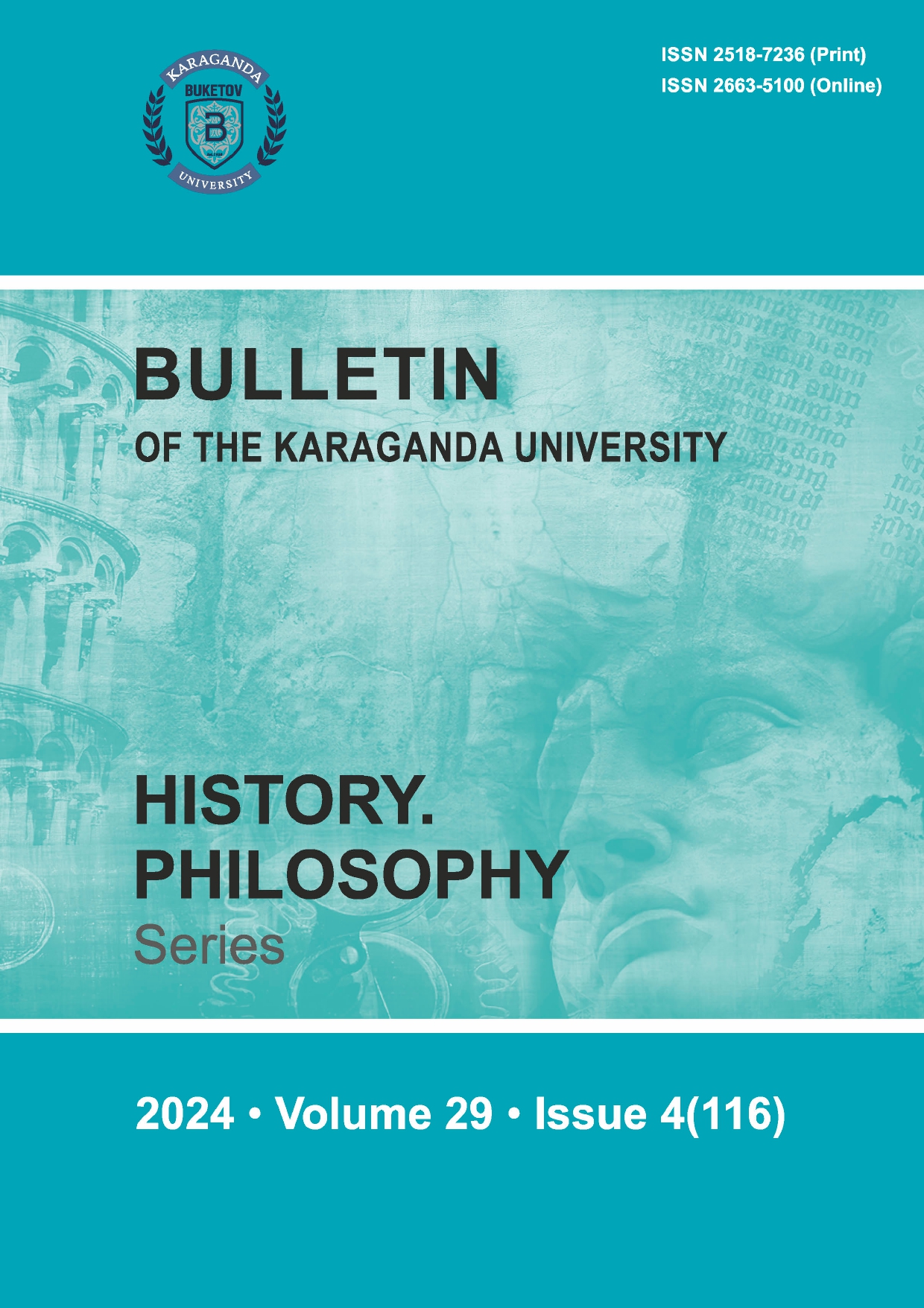The collapse of Eurocentrism and the two faces of Russian Westernism
DOI:
https://doi.org/10.31489/2024hph4/252-260Keywords:
West, Russia, culture, Eurocentrism, Westernism, Smerdyakov's Westernism, living Westernism, Russophobia, techno-consumerist civilization, spiritual-ecological civilizationnAbstract
The article substantiates the modern collapse of the ideology of Eurocentrism, which claims that the historyof the West is the centerline of world history, and European culture is the pinnacle of world culture. This de-prives Westernism of its ontological basis, and its traditional appeals to non-Western peoples to copy the in-stitutions, lifestyle and values of the West become reactionary, throwing them back into the past. Three his-torical forms of Russian Westernism as theory and practice are distinguished: Prussian-imperial, socialist, andliberal-market. Russian perestroika, conducted according to liberal-Western models, turned out for Russia andmany countries of the former USSR with incalculable socio-economic and cultural losses and, as it turns outtoday, with a lot of blood. The article distinguishes between vicious, “smerdyakov's” as the author puts it,Westernism, based on mythological worship of Europe and the USA; and constructive — living —Westernism, as love for the high achievements of Western civilization and understanding of the need for ob-jective study of its modern scientific, technical and cultural achievements. Only this can ensure an equal, ra-tional and productive dialogue between the civilizations of East and West. The collapse of Eurocentrism andthe profound crisis of the modern West direct the intellectual elites of non-Western peoples to search for na-tional development strategies and creative discussion of global perspectives related to the transition from thecurrent dead-end techno-consumerist to the emerging spiritual-ecological world order of the future.




